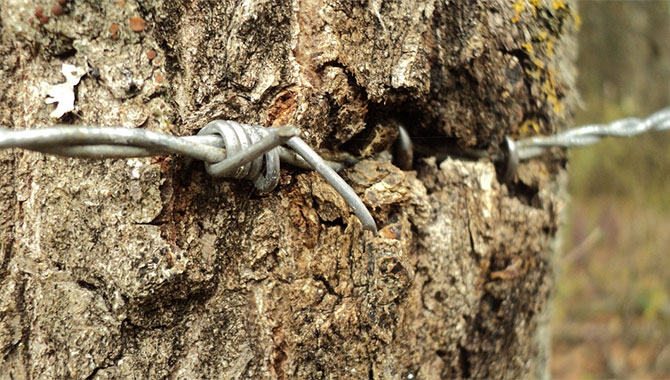February 21, 2021
First Sunday in Lent
Let the peace of Christ rule in our hearts. ~ Colossians 3:15
Anger, resentment, and jealousy do not change the hearts of others; it only changes yours. ~ Shannon Alder
A small story about two people:
“You forgot to take the trash out last night.”
“Well, if you knew it wasn’t out, why didn’t you take it out?”
“Because it’s not my job. I do everything else around here.”
“Really? Who just got home from work?”
“This is my first day off in two weeks!” On and on they go…the argument intensifies.
The couple eats in silence and sleeps in separate beds for the next few months. Forgetting to take the trash out one night really is not the issue. Both have buried irritation, frustration, and resentment in their hearts over a period of time until it bubbled up and exploded over the trash.
What do we bury in our hearts? Love? Resentment? Peace? Frustration? A little bit of everything?
Last Wednesday, we started the Lenten Season which is a time of reflection and renewal. We “rend our hearts” (see Joel 2:13) or open our hearts to the Spirit of God. Sister Joan Chittister writes, “Lent is a time to let life in again, to rebuild our worlds” and a time to let built up irritation, frustration, and resentment out. We “let the peace of Christ rule in our hearts” (Colossians 3:15).
How much peace do we have? How much resentment? Do we want to change or are we good?
Philip Yancey in his book What’s So Amazing About Grace says, “Resentment means literally ‘to feel again’: resentment clings to the past, relives it over and over, picks each fresh scab so that the wound never heals.” We simply cannot live a new life if we are clinging to past wrongs, real or perceived. Resentment gives us a bitter and angry heart, negative energy. It is very human.
Resentment is as old as Adam and Eve. “Think of all the squabbles Adam and Eve must have had in the course of their nine hundred years,” wrote Martin Luther. “Eve would say, ‘You ate the apple,’ and Adam would reply, ‘You gave it to me.’” Cain was angry that God accepted Abel’s sacrifice and not his own. Instead of acknowledging his frustration, he buried his angry feelings of resentment which grew until he killed his brother. Resentment left unchecked makes us miserable and consumes us.
Then there is Jesus. From the cross Jesus says, “Forgive them Father they know not what they do,” (Luke 23:34). Only forgiveness can break the cycle of resentment, pain, and blame. Forgiveness is unfair but it is the only thing that offers us a way out from the weight of resentment and anger. Our fatigue is often caused not by work, but worry, frustration, and resentment.
What unnecessary burdens do we carry? Are there resentments we would like to release?
We do have a choice. We can continue to hang on to our anger and resentment. We can relive wrongs (real or perceived) over and over again. Father Richard Rohr says, “We can waste a whole day (or longer) feeding that hurt until it eventually seems to have a life of its own and in fact, possesses us. At this point, it becomes what Eckhart Tolle aptly calls our “pain body.” We all have one. Our pain body makes us judgmental, negative, fearful, and angry. It is a “negative energy field that occupies our body and mind,” says Tolle.
We can also, with the grace of God, gradually let go of our pain and our resentment. An anonymous writer said, “Change is not easy, but remaining in a constant state of grief, heartache, and resentment is harder.”
How do we choose forgiveness and peace instead of resentment? Rohr says the first step is to recognize that we do have anger, bitterness, or resentment. In centering prayer, we can observe the hurt and name it, but we do not attach to it. We might imagine our pain in a boat, and we let it float on by says Rohr. When it comes back, we let it float on by again. We do not give energy to our resentment, or let it define us. We let it go, it is a process, and we let the love and peace of God which surpasses all understanding shape us and form us.
This Lenten season pick one thing (a resentment or pain) that you have been hanging on to. Ask God to help you let it go.
May we choose forgiveness not unforgiveness.
By the grace of God, may we let go of our resentments.
May the peace of Christ saturate our hearts.
Blessings to all of you,
Craig

